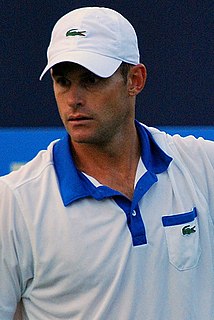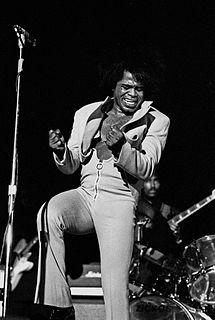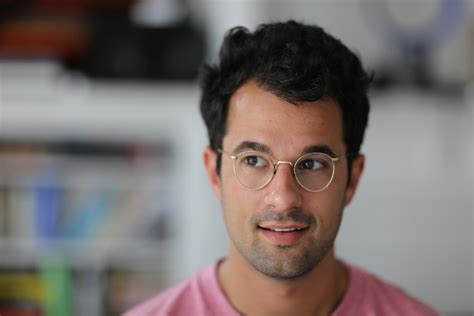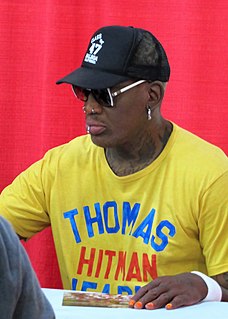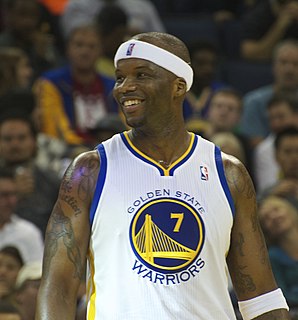A Quote by Diana Taurasi
When I was 13, we went back to Argentina to live for a year. I got to see my extended family - really see them: where they grew up, how they lived. It was a different kind of struggle. There is no money. There are no jobs. And they still have to find a way to feed their families.
Related Quotes
I think that people all grow up and have their same personalities, but you can say, "Oh, I can see the roots of this personality, which I didn't like, but then you grew up, and I can still see you as that person, but I do really like you now." Which is sort of how I feel about children - I mean, about children who I knew when I was a child and grew up with, and they're still my friends, and children that I know as children who I see growing up, and every year I like them more.
I do think it's interesting when people are born into families that at one point had huge amounts of money and that money has kind of vanished over the generations and they're sort of the last vestiges. You see that these people live really quite modestly and yet, somehow the way the clothes fit them, they still have some kind of strange genetic advantage over the rest of us. There's always these weird things in which you detect the legacy. There's a pair of cufflinks that you look at and go, "Oh, my God! These had to come from the Romanovs."
You leave home, and then when you come back, you have a kind of perspective that you didn't have before that in some way problematizes your relationship with your family. You just start to be able to have a sort of double vision about them and who they are and how you grew up that can be really painful.
Steve Jobs was not an engineer: He was a brilliant individual with this ability to see around corners, to see things that other people couldn't see. I've learned over the years in the Apple that there are some really talented people who can take the same evidence, the same facts, and look at them and see them in a way that interprets those facts entirely different than most people do.
We all have a family and I think we all have a perception of our family that we like to keep and we all have our positive memories in a certain way. Then when life catches up to them, when you see a different perspective of them, or when you are a couple degrees over, you can see things differently and it shakes you to the foundation.
It's just insane because, as a longtime WWE fan, I still have all of my action figures in storage. Now to have my own, and to see my nephews play with them, to see kids tweet me pictures with them, and to see people are actually going out of their way searching all of these stores trying to find them, it's really cool and humbling.
On October 31, 2004, the Minnesota Timberwolves offered Sprewell a 3-year, $21 million contract extension, substantially less than what his then-current contract paid him. Claiming to feel insulted by the offer, he publicly expressed outrage, declaring, “I have a family to feed If Glen Taylor wants to see my family fed, he better cough up some money. Otherwise, you're going to see these kids in one of those Sally Struthers commercials soon.
Extended families have never been the norm in America; the highest figure for extended-family households ever recorded in Americanhistory is 20 percent. Contrary to the popular myth that industrialization destroyed "traditional" extended families, this high point occurred between 1850 and 1885, during the most intensive period of early industrialization. Many of these extended families, and most "producing" families of the time, depended on the labor of children; they were held together by dire necessity and sometimes by brute force.
For me being able to see all different places where I've skied and cherish them, and be able to see them - really see them - is something that I'm passionate about. I'm into photography, so I really enjoy taking photos of all the places that I've gone. I think that's the coolest part about being an Olympic sportsman, I get to travel around and see the world for free, technically. And get to see different cultures, and all the different people that I've met along the way - it's a pretty awesome job.




